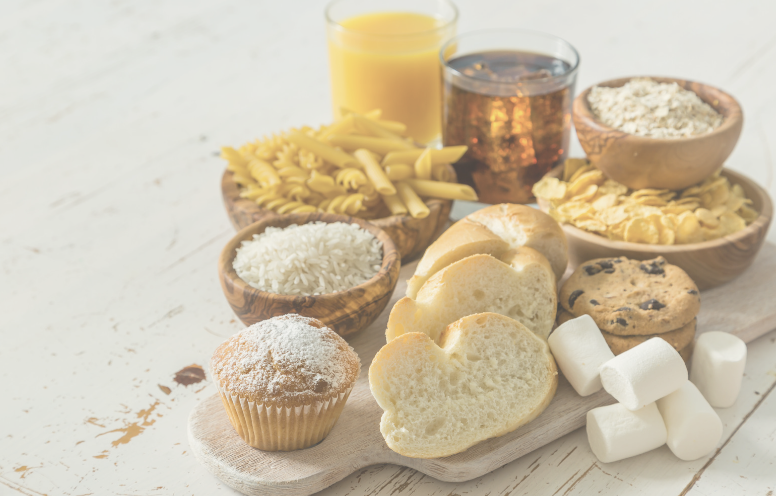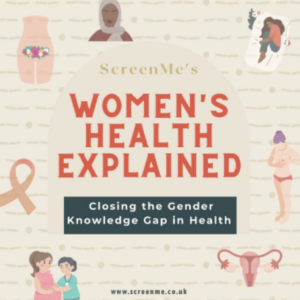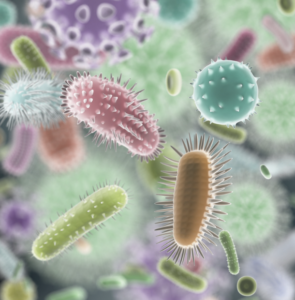Diet is so important when you are trying to conceive. What you put into your body influences all aspects of your health, with fertility being one part of that — the healthier you are, the more likely you are to be able to successfully conceive.
Here are a couple things to avoid, when trying to improve your fertility!
Too much caffeine:
Caffeine itself is not overly harmful, and there are mixed reports as to whether it influences your fertility or not. However, we would therefore recommend trying to limit your caffeine intake, as it is likely that a high dosage will have detrimental effects on your fertility.
Therefore, is has been suggested to have roughly 2 cups of coffee a day as a limit. For alternatives try:
- Herbal teas — these can actually be beneficial for your health so are a great substitute.
- De-caffeinated coffee
Too much sugar
Having excess sugar in your system is not good for your fertility — as this can cause inflammation, which leads to a host of other issues such as reduced egg quality.
Sugar can be really difficult to cut out, not just because of its addictive qualities, but also because there is a lot of hidden sugar in foods and drinks. For example, a sweet and sour chicken portion contains roughly 54% of your daily recommended intake of sugar! Therefore, checking the labels of products and being more mindful as to what you out in to your body is really important when trying to maximise your fertility. The NHS has an app, which you can use to scan products and see how much sugar there is in them — so this makes your life a lot easier!
Trans-fats
Trans fats or ‘partially hydrogenated oils’ should be avoided when trying to conceive. This is because they can cause a host of issues such as reduced sperm quality, inflammation, and more. Trans fats are in a lot of products, so you should look at their labels — with examples including:
- Doughnuts
- Margarine
- Pastries
Processed foods
Processed foods contain a whole host of chemicals, additives and preservatives, which are harmful for your overall health and fertility. As well as this, they actually lack a lot of the key nutrients that are so good for your fertility — including fibre, vitamins, and nutrients.
These foods are generally addictive, taste nice, and are quick/ convenient. Therefore, it can be hard to cut them out. So, a couple tips are:
- Meal prep some easy recipes
- Choose products which you know the ingredients on the label, and have as few ingredients as possible (processed foods then to have really long lists of chemicals with strange names)
- Try to have your fridge stocked with healthier foods, which are easy to cook — this limits the temptation to grab something unhealthy quickly, or to order something
Fish high in Mercury
Fish can be a brilliant way to boost your fertility — particularly those high in Omega-3 fatty acids (such as, salmon). However, fish high in mercury can reduce your fertility risk — so it is best to reduce your intake of these fish, including tuna and swordfish.
We hope this has helped you on your fertility journey! For more specific information tailored to your individual needs, then take a look at one of our Fertility Packages, which include:
- Individual testing of your fertility hormones
- A free 1:1 consultation with one of our experts
- Tailored advice based on your needs, goals & concerns
- Recommendations including for: products & supplements
- Nutritional plan
Fariba Khonsari







